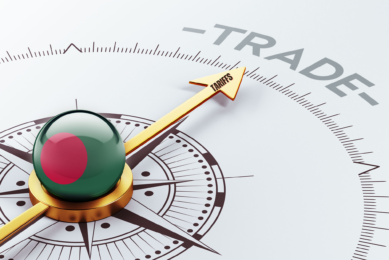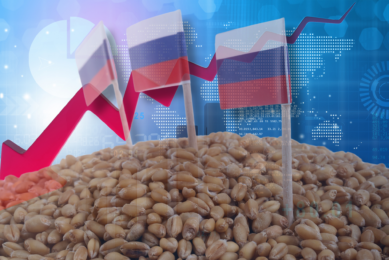CPF anxious watches Burmese uproar
Thai companies with interests in Burma are closely monitoring the situation across Thailand ‘s western border with grave concern, hoping the situation will not escalate.
The largest feed compounder in
that is led by a military junta.
Charoen Pokphand
(CPF)
Group executive vice president Sarasin Viraphol said the unrest had not affected
his group’s business in the country.
He did not
believe the unrest would have a negative effect on Thai-Burmese investments,
particularly CP’s projects, which were food businesses of benefit to the
country.
Moreover, the protests, led by monks,
will not affect the group’s investment as long as they remain
peaceful.
CP is closely following developments
and taking preparatory steps in case the situation turns violent, he
said.
potential
“We still perceive
as a country of investment potential. The unrest involves domestic problems that
should not make a negative impact on the economy,” Sarasin
said.
CP won approval from the Burmese government
more than 10 years ago to grow corn there for the livestock-feed industry. In
1997, it established the Myanmar CP Livestock feed mill. In 2005, it set up four
plants to process 24.4 million chickens per annum.
Border
trade
trade is a crucial strategy on
partners benefit from the Kingdom’s facilities and
transportation.
About 100,000 monks and residents
took to the streets last week in
Burma
in protests against the
military junta. The unrest was sparked by the military government’s sudden 67%
increase in prices for diesel and petrol.
The military
junta has ended the protests with violence and hermitically closed down the
country.











